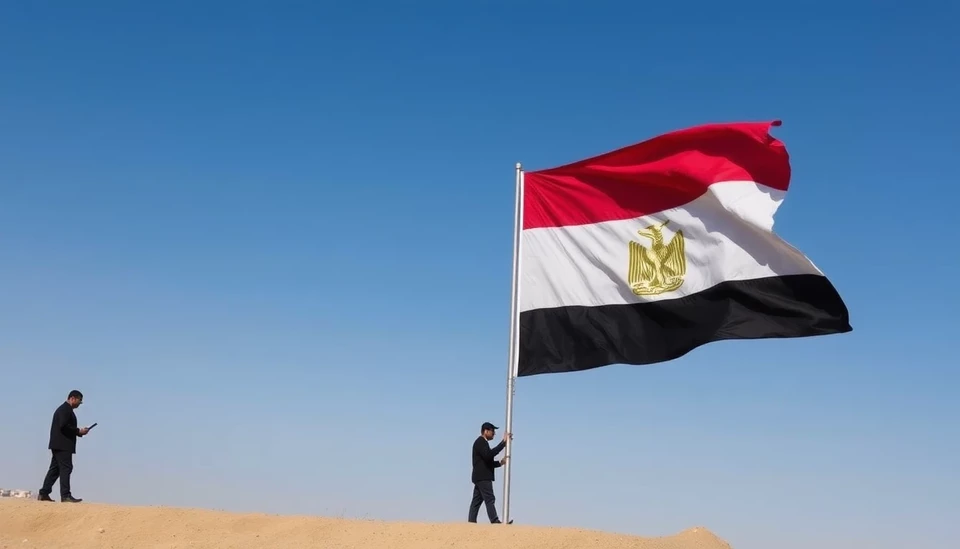
In a significant move aimed at bolstering economic stability, Egypt and the International Monetary Fund (IMF) are embarking on an initiative to evaluate the effects of a recently launched $8 billion reform program. This program seeks to address pressing economic challenges faced by the nation's most vulnerable communities. The IMF has expressed its commitment to ensuring that the most affected populations are adequately supported during this transitional phase.
The reform program is part of a broader strategy to revitalize the Egyptian economy, which has been grappling with various issues, including high inflation rates and currency devaluation. The government aims to implement measures that will not only stabilize the economy but also protect citizens from the adverse impacts often associated with economic reforms.
As part of this initiative, the IMF will closely monitor how the reforms affect low-income families and other groups at risk of economic instability. The Fund is poised to employ a range of assessments to gauge the social implications of these reforms. This approach underscores the IMF’s growing recognition of the need for social safeguards in economic stabilization efforts.
Additionally, experts have called for the establishment of welfare programs that specifically target the most vulnerable segments of society. These initiatives are designed to provide financial assistance and support services to those who may experience hardship as a result of the ongoing reforms. The Egyptian government is being urged to foster an environment where these individuals can find resilience amid economic changes.
In this context, the IMF has laid out a comprehensive roadmap that highlights the necessity of inclusive growth as Egypt strives towards economic recovery and social equity. The collaborative effort not only aims to assess the immediate impacts of the reform program but also seeks to pave the way for sustainable development that prioritizes the needs of every Egyptian citizen.
As the evaluation process unfolds, stakeholders remain hopeful that the findings will inform policy adjustments and ultimately enhance the welfare of Egypt's most vulnerable populations, ensuring they can withstand the financial upheavals that reforms often bring.
With these developments, Egypt is at a critical crossroads; the success of this reform program could serve as a model for other nations facing similar economic obstacles, and it could reframe the future of welfare policies in the region.
As discussions progress, the collaboration between the Egyptian government and the IMF reflects a broader trend of integrating social considerations into economic strategies, aiming to foster a more resilient and fair economic landscape.
In conclusion, while the $8 billion reform program presents numerous challenges, its potential to support and uplift vulnerable communities remains a focal point of this ongoing dialogue, as both Egypt and the IMF work to ensure that growth is both inclusive and sustainable.
#Egypt #IMF #EconomicReform #VulnerableCommunities #SocialImpact #WelfarePrograms #EconomicStability #InclusiveGrowth
Author: Laura Mitchell




